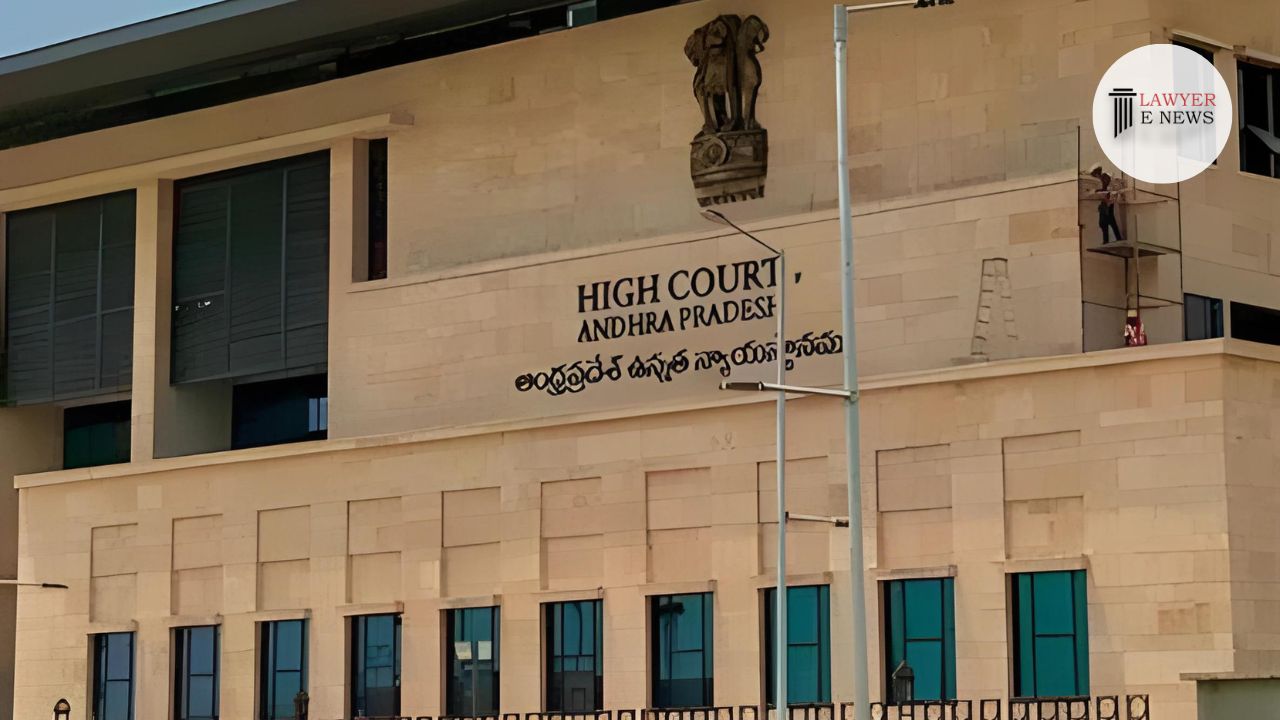-
by Admin
15 February 2026 2:36 AM



In the case of Pamarthi Chaitanyeswar Ganesh v. State of Andhra Pradesh & Anr., the High Court dismissed the petition to quash criminal charges against the petitioner, rejecting his argument that the relationship between him and the complainant was consensual. The petitioner was accused of rape, cheating, and other charges under Sections 376, 417, 420, and 354(D) of the Indian Penal Code (IPC).
The main issue before the court was whether the petitioner’s promise of marriage, which led to a sexual relationship, amounted to a false promise under Section 376 IPC. The petitioner contended that the relationship was consensual and that his refusal to marry was due to unforeseen circumstances, not deceit. However, the court emphasized that “a false promise to marry, made to induce a woman into a sexual relationship, vitiates consent,” citing relevant precedents from the Supreme Court.
The complainant, a postgraduate student in medicine, alleged that the petitioner, a senior student, had promised to marry her and subsequently engaged in a sexual relationship with her under this promise. She claimed that after initially agreeing to marry, the petitioner later refused, leading her to file a complaint. A case was registered under various sections of the IPC, including for rape and cheating. The petitioner sought to quash the proceedings, asserting that the relationship was consensual and that there was no false promise at the time of the relationship.
The petitioner’s counsel argued that the complainant was fully aware of the nature of their relationship and that it was consensual. The defense further contended that the failure to marry due to changed circumstances should not be equated with a false promise made at the outset. Citing Dr. Dhruvaram Muralidhar Sonar v. State of Maharashtra, the defense emphasized the distinction between consensual sex and rape, particularly when the failure to marry arises from subsequent events.
However, the complainant’s counsel pointed out that the petitioner’s promise to marry was the basis of her consent to the sexual relationship, and the subsequent refusal to marry demonstrated his malafide intention from the beginning.
Justice B.V.L.N. Chakravarthi held that the question of whether the petitioner had a false intention from the beginning, leading to the complainant's consent based on a misconception of fact, could only be determined through a trial. The court noted that "prima facie, the allegations show that the victim consented to the relationship on the belief that the petitioner would marry her." The court further added that the petitioner's defense, that unforeseen circumstances caused the breakup, could not be resolved at the pre-trial stage.
The court refused to quash the proceedings, stating that the issues raised—whether the petitioner had a bona fide intention to marry or whether the relationship was consensual—required a full trial. The court dismissed the petition, allowing the criminal trial to proceed.
Date of Decision: October 14, 2024
Pamarthi Chaitanyeswar Ganesh v. State of Andhra Pradesh & Anr.
